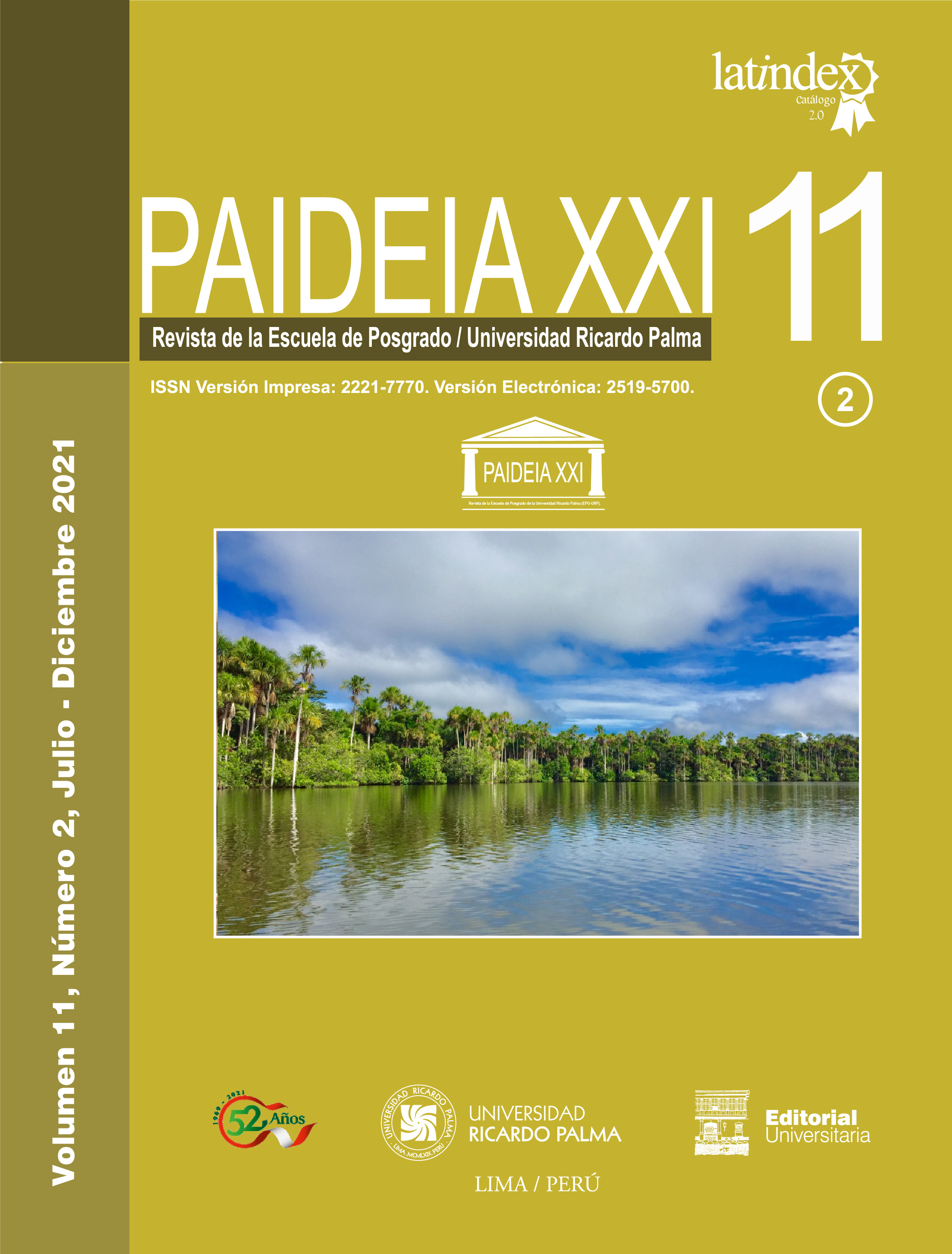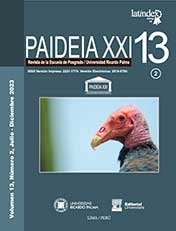INTEGRAL MANAGEMENT OF URBAN SOLID WASTE IN LATIN AMERICA
DOI:
https://doi.org/10.31381/paideia.v11i2.4087Abstract
Collection, disposal, and environmental risks associated with waste continue to challenge many Latin American cities. The objective of this work was to evaluate the integral management of USW (Urban Solid Waste) in Latin America and to systematize the information on the generation, sweeping, selective collection, conventional collection, valuation, and fi nal disposal of USW. An exhaustive search was carried out at (1) Google Scholar, (2) ProQuest, and (3) Scopus. The scientific articles analyzed belong to the period from January 2012 to December 2019, in which information is shown regarding the integral management of USW in various Latin American countries such as Brazil, Mexico, Peru, Argentina, Venezuela, Chile, Ecuador, Colombia, Cuba, Guatemala, Bolivia, Uruguay, and Paraguay. 30 scientifi c documents were analyzed in which information on the integral management of USW in Latin America was found. The most studied processes are conventional collection and selective collection. Brazil and Mexico were the most studied countries and where more information is shown regarding the integral management of USW. Most of the authors chose to use the documentary review, among which we can mention scientifi c articles, bibliographic studies, and municipal reports. Regarding the waste generated by each person, Latin America has an average of 1 kg per inhabitant per day, and it would be below other countries of the Organization for Economic Cooperation and Development, which have a higher rate. The coverage of the adequate final disposal service in USW landfills is approximately 55% (measured as a percentage of the population), which implies that there is still a high proportion of waste in Latin America and the Caribbean that is not disposed of or explicitly treated.
Keywords: Comprehensive Solid Waste Management – Latin America – Solid Waste Process– Solid Waste – Urban Solid Waste












